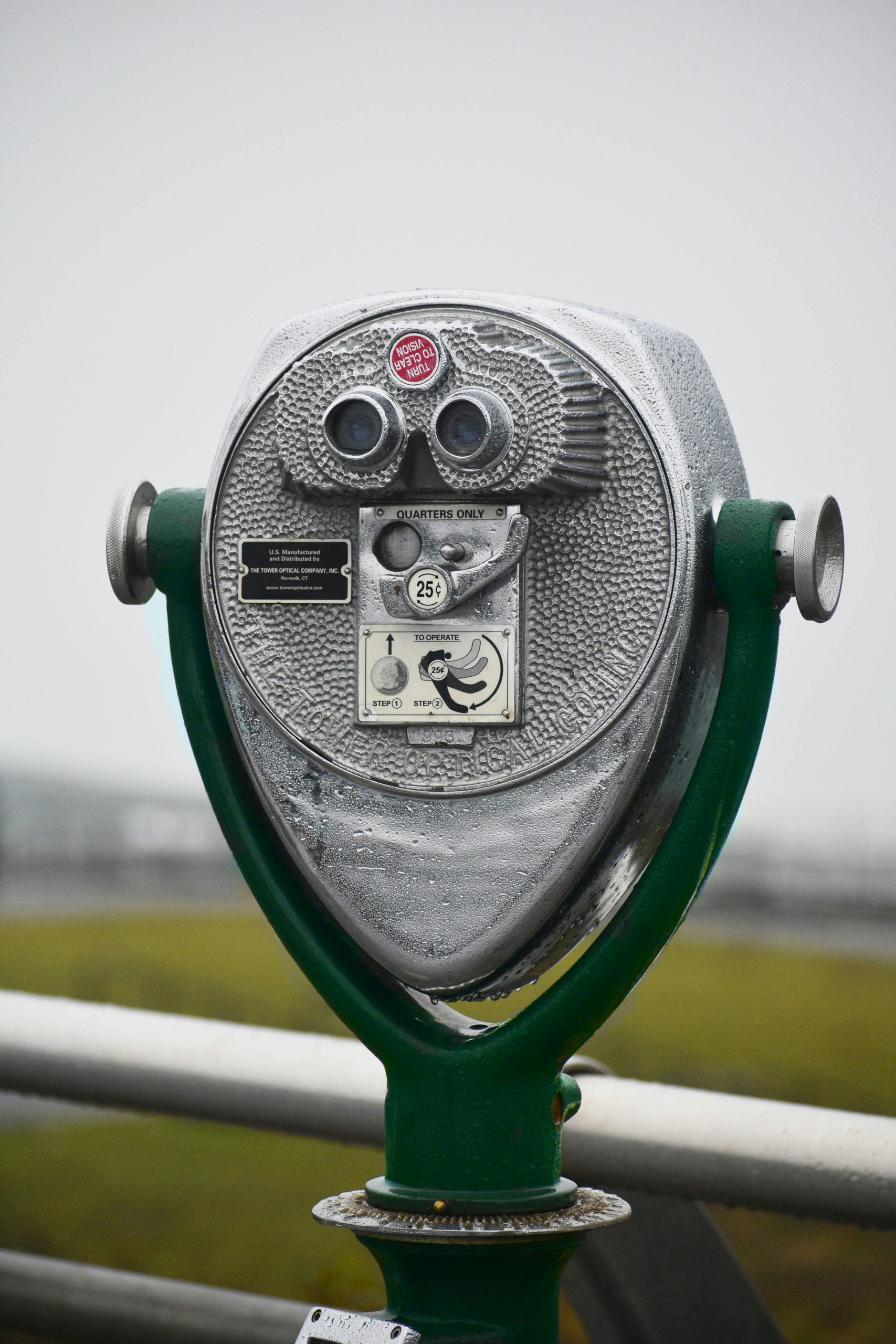Comprehensive or Collision Coverage?
I’m wondering whether my insurance claim will be categorized as collision or comprehensive.
Here’s the situation: I bought a brand-new 2024 vehicle that features several cosmetic upgrades, including a front splitter as part of a lip kit. Unfortunately, I neglected to remove the splitter before winter and, as a result, it got damaged while driving through unplowed snow in my neighborhood. Now, the splitter has a noticeable gap in the middle. The car itself is in perfect condition and completely drivable, but the splitter is missing part of its structure.
I have a $100 deductible, and the replacement cost for the part is around $800-$900.
Since no other vehicles were involved in this incident, I’m concerned that claiming this under collision coverage may negatively mark my car’s history as being in an accident.
What advice do you have for me?




Based on the details you provided, it sounds like your claim would more likely fall under a comprehensive coverage rather than collision. Comprehensive coverage is typically for damages caused by non-collision events—like weather-related incidents, theft, or vandalism—while collision coverage involves damages from hitting or being hit by something, usually another vehicle.
Since your damage occurred from driving through unplowed snow and not due to an incident with another vehicle or object, it may be considered an unfortunate consequence of using your vehicle in winter conditions, which could be interpreted as comprehensive. However, the final decision will ultimately lie with your insurance adjuster and their interpretation of your policy.
Here are a few steps you can take:
Review your policy: Check the details of your coverage to understand what is classified as collision and comprehensive in your scheme.
Document the damage: Take pictures of the splitter and the conditions that led to the damage, which might help your case.
Contact your insurer: Consider calling your insurance company for clarification before filing the claim. They can provide guidance based on your specific policy and help determine how your case might be classified.
Consider the long-term effects: Keep in mind that while you may want to avoid a collision claim for the reasons you stated, if the cost of repair is significant and you proceed without making a claim, you may end up with a hefty out-of-pocket expense.
It’s understandable to be concerned about how a claim may affect your insurance record, but if the cost of repair is substantial, it may be worth pursuing to save yourself from a larger financial burden. Good luck!